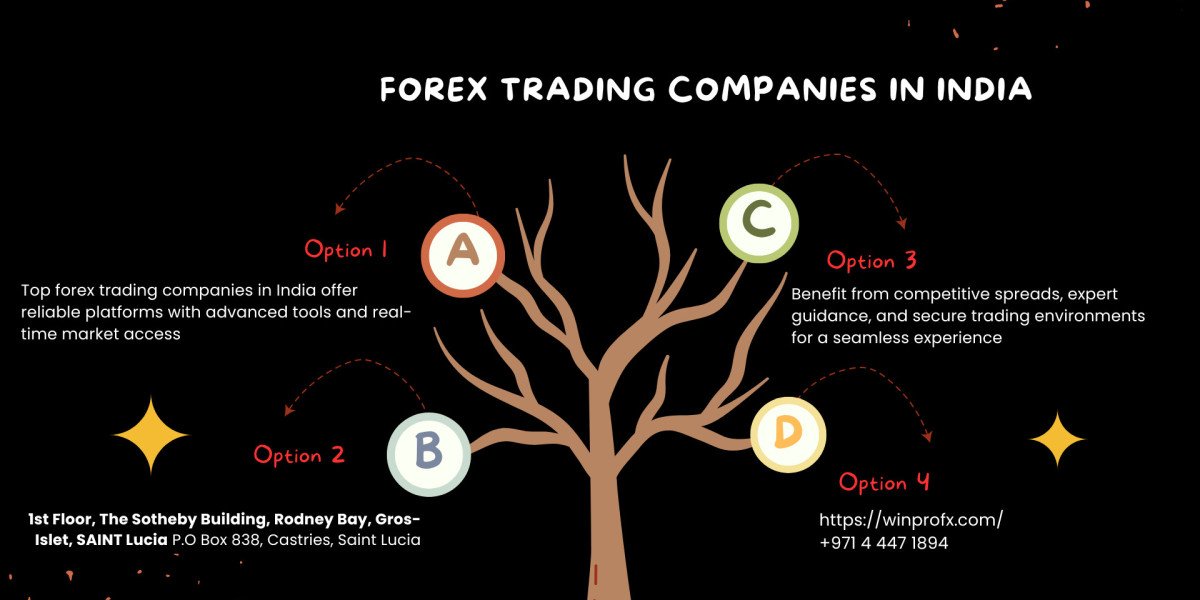What Are Forex Trading Companies, and How Do They Operate in India?
Forex trading companies are financial institutions or brokers that provide access to the foreign exchange (Forex) market. They facilitate the buying and selling of currencies, offering trading platforms, tools, and services to individual traders and institutional clients.
In India, Forex trading companies primarily focus on currency pairs involving the Indian Rupee (INR), though they may also offer cross-currency pairs and other financial instruments. These companies operate under the oversight of regulatory bodies like the Securities and Exchange Board of India (SEBI) and the Reserve Bank of India (RBI) to ensure legal and compliant trading.
Key Features of Forex Trading Companies in India:
1. Trading Platforms
- Forex companies offer online trading platforms that provide real-time market data, charting tools, and order execution features. Popular platforms like MetaTrader 4 (MT4) and MetaTrader 5 (MT5) are commonly used.
2. Regulatory Compliance
- Forex trading in India is strictly regulated. Trading companies are required to follow guidelines set by SEBI and the RBI, focusing primarily on currency pairs involving INR.
3. Leverage and Margin Trading
- Forex companies offer margin trading services that allow traders to control larger positions with smaller capital. The leverage ratios vary depending on the broker, typically ranging from moderate to high leverage options.
4. Spreads and Fees
- Brokers make money through spreads (the difference between buying and selling prices). Some brokers charge additional commission fees on trades or offer fixed or variable spreads depending on market conditions.
5. Account Types
- Forex companies offer various account types to cater to different traders, including standard accounts, demo accounts, and accounts with specialized conditions for advanced traders. These accounts may vary in terms of minimum deposit requirements and features.
6. Risk Management Tools
- Trading companies often provide risk management tools such as stop-loss, take-profit orders, and trailing stops to help traders minimize potential losses and manage their trades effectively.
7. Education and Customer Support
- Many Forex brokers offer educational materials, webinars, and guides to help beginners understand Forex trading. Customer support services are available through multiple channels like live chat, email, and phone to assist traders.
8. Payment Methods
- Forex brokers in India offer a range of payment options for deposits and withdrawals, including net banking, UPI, and wire transfers.
9. Security
- Security is paramount in Forex trading. Brokers use encryption methods, including SSL and two-factor authentication, to protect traders' accounts and data.
Conclusion:
Forex trading companies in India facilitate access to the global Forex market while operating under strict regulatory standards. They provide traders with platforms, leverage, risk management tools, and educational resources. Choosing a reliable Forex trading company is crucial for ensuring a safe and successful trading experience.







